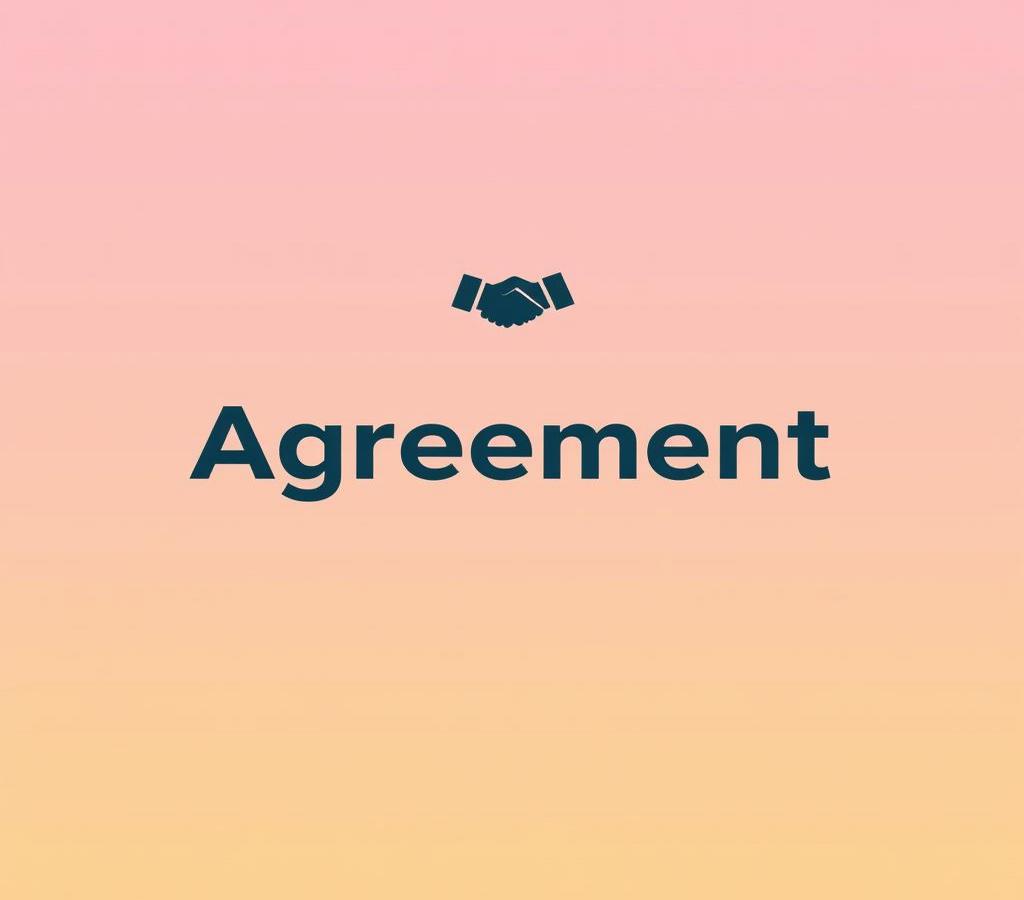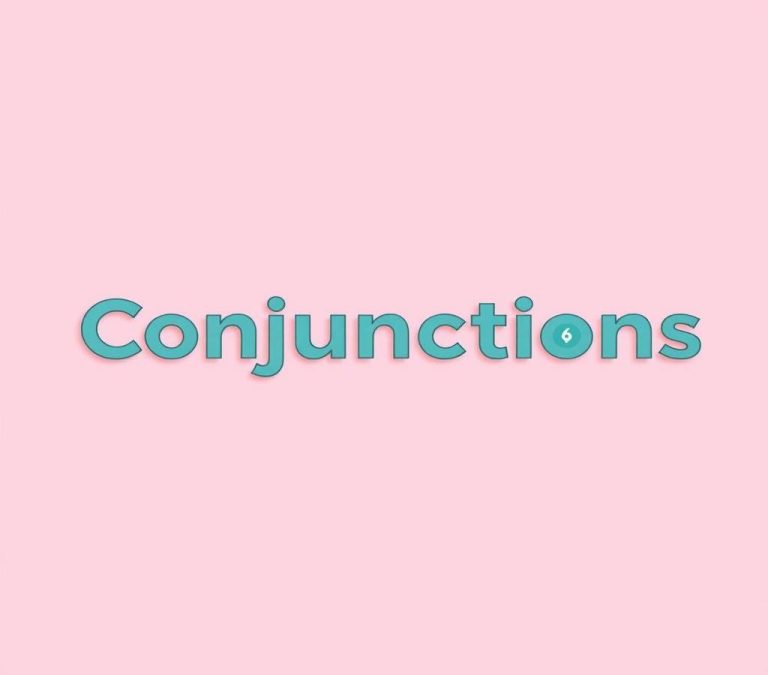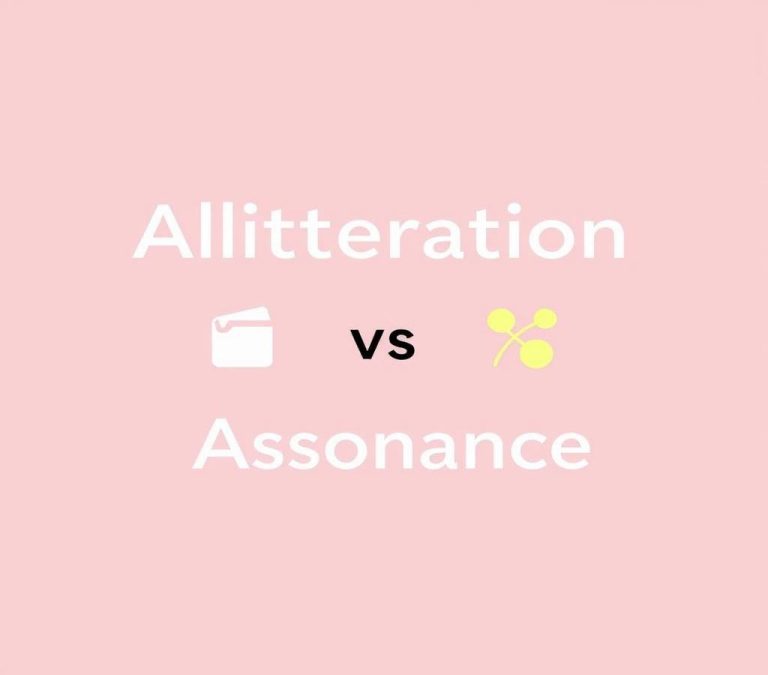Agreement vs. Agreeance: Grammar Usage & Correct Terms
When it comes to expressing consent or approval in writing, many of us struggle to choose between two commonly confused words: agreeance and agreement. While they may seem interchangeable, they have distinct meanings and uses. Agreeance refers to the act of agreeing or concurring, often used in formal or technical contexts. Agreement, on the other hand, describes a mutual understanding or a written contract. Using the right word can significantly impact the clarity and effectiveness of your communication. In this article, we’ll explore the differences between agreeance and agreement, and provide guidance on when to use each.
Quick Answer
When to use Agreement: In formal writing, contracts, and legal documents, use “agreement” to refer to a mutual understanding or a document that outlines terms and conditions.
When to use Agreeance: Avoid using “agreeance” as it’s a rare and less common word. If you mean “agreement,” use “agreement.” If you mean “the act of agreeing,” use “assent” or “acquiescence” instead.
Why There is Confusion
The debate between “agreeance” and “agreement” can be confusing for many. While both words appear to be related to the act of agreeing, they are not interchangeable. The confusion often stems from their similar roots and occasional misuse. Understanding the correct usage of these words not only helps in clear communication but also ensures that your writing conforms to standard English language norms.
What Does Agreement Mean?
The word “agreement” is widely recognized and commonly used. It is a noun that refers to a mutual understanding or arrangement between two or more parties. Here are some contexts where “agreement” is used:
- Contracts: A formal arrangement between parties that outlines mutual obligations.
- Opinions: Indicating that parties share the same view or opinion.
- Legal Terms: Used in legal documents to indicate mutual consent.
For example, you might hear someone say, “We came to an agreement about the project details” or “The terms of the agreement are clear.”
What Does Agreeance Mean?
“Agreeance” is a less common and somewhat archaic term that also serves as a noun. It means the same thing as “agreement.” It gained prominence in earlier forms of English but has since fallen out of regular usage. Today, you might see it more in historical texts or hear it in dialects rather than in standard English conversation.
Despite its technical correctness, “agreeance” is often viewed as less acceptable in modern writing. For most purposes, especially in formal contexts, “agreement” is the preferred term.
Differences Between Agreeance vs Agreement
Differences in Parts of Speech
While both “agreeance” and “agreement” are nouns, the key difference lies in their acceptance and usage. “Agreement” is widely recognized and accepted in modern English, while “agreeance” is considered archaic and is less commonly used.
- Agreement: Widely accepted; used in various contexts from legal to informal.
- Agreeance: Archaic; rarely used in contemporary formal writing.
Differences in Usage and Context
“Agreement” is versatile and can be used in various contexts, from legal documents to everyday conversation. “Agreeance,” however, is more limited in its application and is generally considered outdated.
- Agreements in Legal Contracts: “The parties entered into an agreement.”
- Agreeance in Historical Texts: “In ye old days, they were in agreeance.”
Differences in Formality and Tone
Formality and tone also play a role in choosing between these two words. “Agreement” fits well in both formal and informal settings, while “agreeance” may come off as pretentious or archaic in a modern context.
- Formal: “The agreement was signed by both parties.”
- Informal: “We reached an agreement on where to have dinner.”
- Archaic: “In agreeance, they forged ahead.”
Synonyms of Agreement
There are several synonyms for “agreement” that can add variety to your writing. Some of these include:
- Accord: Indicates harmony or consensus.
- Deal: Often used in business contexts.
- Contract: A formal, legally binding agreement.
- Settlement: A resolution or conclusion, often in disputes.
- Pact: A formal agreement between parties.
- Understanding: A mutual agreement, often informal.
Synonyms of Agreeance
Given the rarity of “agreeance,” it does not have as many direct synonyms that are actively used in modern English. However, when it was in use, it could be substituted with the same terms as “agreement.”
- Consensus: General agreement among a group.
- Concord: A state of harmony or agreement.
- Concurrence: Agreement in opinion or decision.
Examples of Usage: Agreeance vs Agreement
Using Agreement
- The company reached an agreement with the labor union after long negotiations.
- We need an agreement to ensure that all parties understand their responsibilities.
- There was a general agreement that the new policy would benefit everyone.
Using Agreeance
- Though not commonly used today, “agreeance” appeared in older texts: “They were in agreeance about the terms.”
- In an attempt to sound sophisticated, one might say, “We are in agreeance,” but it may come across as archaic.
Conclusion: Which One to Use?
In modern English, “agreement” is the preferred term for both formal and informal contexts. It is widely accepted and understood, making it the best choice for clear and effective communication. “Agreeance,” while technically correct, is largely archaic and may confuse or distract your audience.
To avoid potential misunderstandings and to ensure your writing conforms to contemporary standards, it is advisable to use “agreement” in all forms of communication. Remember, language evolves, and adhering to current usage trends can enhance the readability and professionalism of your writing.







